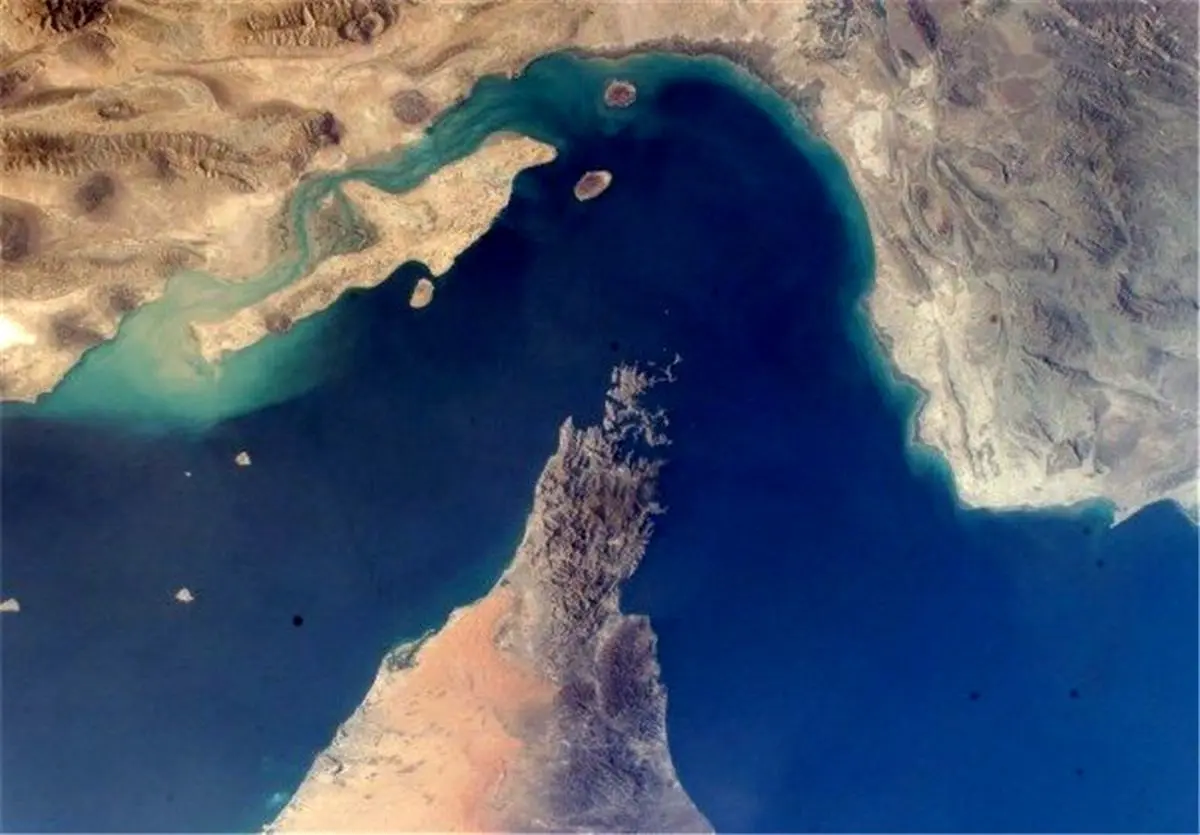SAEDNEWS: Iranian media warns that closing the Strait of Hormuz would harm Iran’s own economy, escalate regional tensions, and weaken diplomatic leverage, urging careful, strategic management instead of impulsive action.

According to SaedNews, the newspaper Jomhouri Eslami has responded to recommendations to close the Strait of Hormuz.
The report states:
"These days, some individuals are once again raising the issue of closing the Strait of Hormuz, the same old prescription that is advised firmly whenever tensions arise. It is as if one could close the world’s most sensitive energy artery by a political decree and move past its legal, economic, and strategic consequences without concern.
Our political economy is not compatible with this prescription. The Strait of Hormuz is our export artery and the route for a significant portion of essential goods; a shock to this artery would put pressure on Iran’s economy even before affecting others, including surges in insurance premiums and shipping costs, disruption of supply chains, and direct effects on people’s livelihoods. At the same time, some regional competitors have long built pipelines and alternative terminals to reduce reliance on the Strait; the impact of disruption is not necessarily symmetrical and may fall more heavily on us. Deterrence that comes at the expense of citizens’ livelihoods creates 'vulnerability' rather than 'power.'
The political consequences of such an action are also undeniable. Closing the Strait diverts public opinion and international institutions from the core issue—the hostile behavior of the other side—toward accusations of 'disrupting freedom of navigation,' providing grounds for legal-political consensus against Tehran; from binding resolutions to new military coalitions in the waterway. At the same time, the initiative of regional mediators like Oman would be weakened, and Iran’s diplomatic maneuverability reduced.
In summary, the Strait of Hormuz is Iran’s geopolitical asset, not a trigger for emotional moves. Turning this waterway into a tool of retaliation increases economic pressure on our own people, raises the risk of military escalation, and shifts the narrative in favor of our rivals. The proper response to U.S. and some Western sanctions is not 'emotional actions'; the correct path is to pursue Iran’s rights in international forums, engage actively in negotiations, and form smart coalitions to secure the people’s entitlements. Emotional behavior only isolates the country internationally and increases the economic burden on the nation. Real power lies in 'control and prudence,' not in risky, slogan-driven measures."

